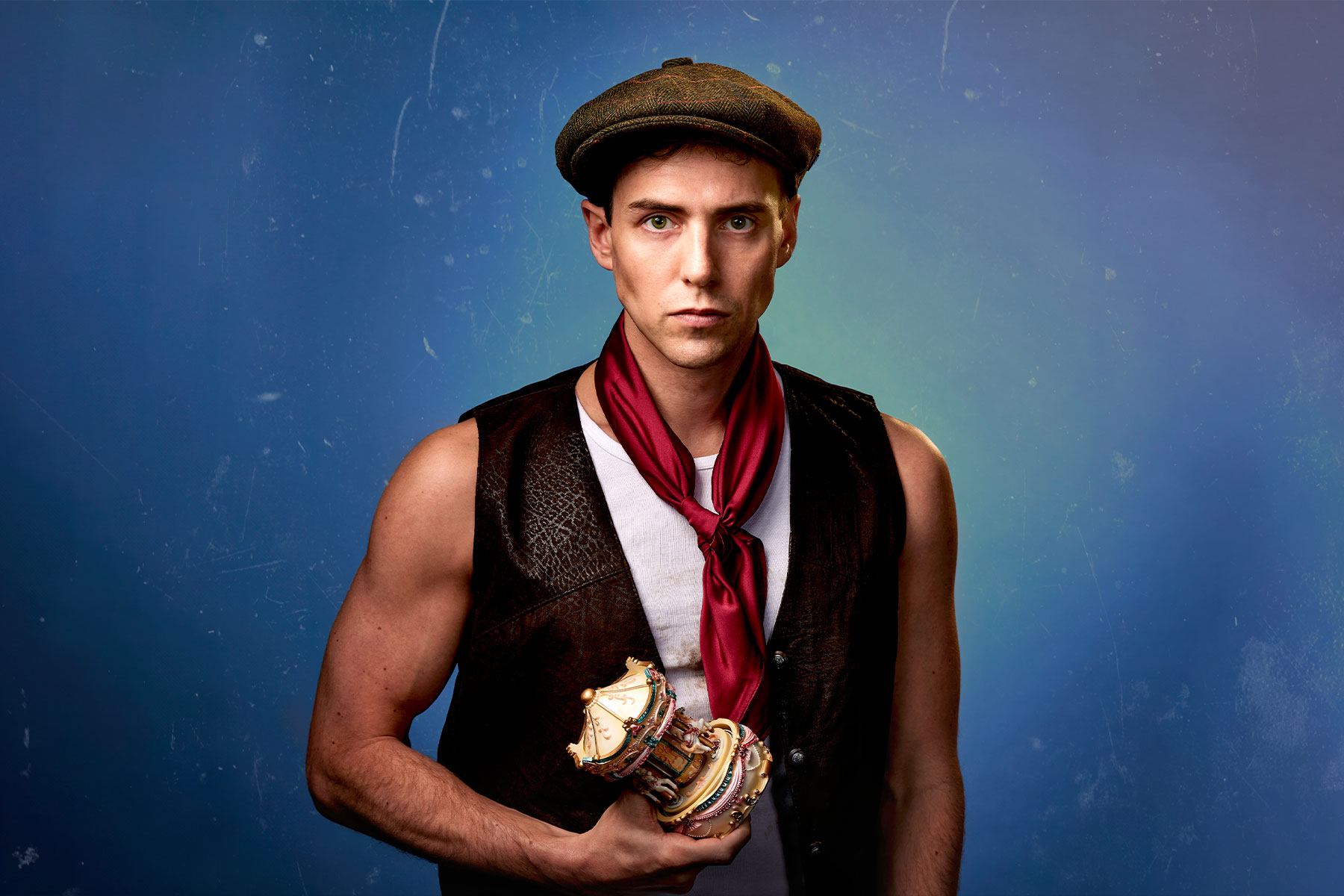Comedy of Errors (Globe)
Separated twins, shipwreck, parents and children lost and found, confused identities – Shakespeare made tragedy, romance and magic as well as comedy out of these ingredients in plays such as Twelfth Night, The Winter’s Tale and The Tempest.
But The Comedy of Errors is an early piece, perhaps written when the bard was still in his twenties, and has quite a different, farcical flavour, while managing to prefigure the poignancy of later work. That’s the theory anyway. But in the Globe environment, where comedy can easily turn into a runaway train egged on by a complicit crowd, director Christopher Luscombe has decided to jump aboard and enjoy the trip; subtlety is not part of his scheme.
Shakespeare drew on Plautus’ play Menaechmi but further complicated the plot by importing a second set of twins from another play. Antipholus of Syracuse has come to Ephesus in search of the twin from whom he was separated in a shipwreck when they were babies. The other Antipholus has married and settled in the city. Both brothers have twin servants named Dromio, also separated in the shipwreck. The visiting Antipholus is delighted to be taken for her husband by his twin’s wife, Adriana, while his brother is locked out of his own home.
A gold chain, ordered by one brother is delivered to the other, with embarrassing consequences involving a nubile mistress, and the Dromios are constantly beaten and berated for apparently carrying out the wrong instructions. But before the mayhem begins, Egeon, father of the Antipholus brothers, tells the family story when he is under a potential death sentence: citizens of Syracuse are banned from Ephesus and he has only one day to raise a ransom and escape execution.
Luscombe has dispensed with nuance. Adriana, for instance, might be fearful for her marriage, not merely a caricature trouble-and-strife, her sister Luciana shows no sign of a burgeoning guilty attraction for someone she believes to be her brother-in-law, while Darlene Johnson as Aemilia has little to do but neaten the plot as the abbess and long-lost mother. In the Carry On-style fever, Egeon’s plight is muted, all but forgotten, the fear of potential tragedy swept away. Not surprisingly, Richard O’Callaghan – so impressive in Titus Andronicus – seems overwhemed by the admittedly difficult task of making his long exposition gripping or moving.
All that said, when I saw the production at an afternoon preview, the audience was having a ball, relishing the ensemble playing, the paintbox colours and the whoops and thuds provided by the musicians (directed by Phil Hopkins) to mark the cartoonish thumps and kicks. Andrew Harvill and Simon Wilson, the one a wide-eyed innocent, the other angry and demanding, both sporting curled coiffures, look arrestingly similar as the Antipholus brothers, while Sam Alexander and Eliot Giuralarocca grab all comic opportunities as the hirsute Dromios.
Sarah Woodward makes a glamorous shrew as Adriana and Cate Debenham-Taylor carries off her pelmet skirt and piled blonde wig with a swagger as the courtesan. The spirit of Frankie Howerd hovers over the proceedings (his pastiche Roman comedy was also influenced by Plautus) so it’s only fitting that Chris Emmett’s goldsmith should echo him with a familiar “Ooooh”.
At two hours, this is the shortest of Shakespeare’s plays, and if you are looking for a multi-coloured lollipop of a show rather than a gourmet dish, Luscombe’s production of it is perfect summer entertainment.
– Heather Neill










